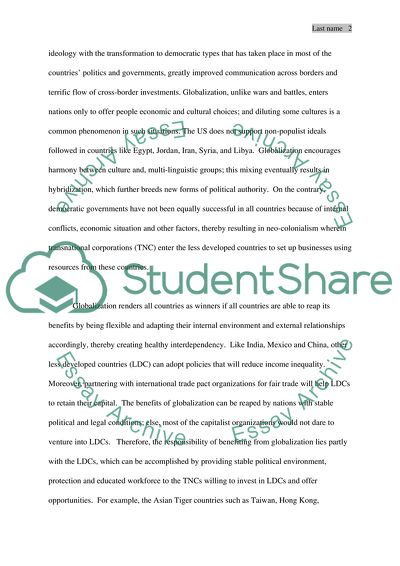Cite this document
(Globalization: Boon or Doggle Essay Example | Topics and Well Written Essays - 1250 words - 9, n.d.)
Globalization: Boon or Doggle Essay Example | Topics and Well Written Essays - 1250 words - 9. https://studentshare.org/sociology/1794835-globalization
Globalization: Boon or Doggle Essay Example | Topics and Well Written Essays - 1250 words - 9. https://studentshare.org/sociology/1794835-globalization
(Globalization: Boon or Doggle Essay Example | Topics and Well Written Essays - 1250 Words - 9)
Globalization: Boon or Doggle Essay Example | Topics and Well Written Essays - 1250 Words - 9. https://studentshare.org/sociology/1794835-globalization.
Globalization: Boon or Doggle Essay Example | Topics and Well Written Essays - 1250 Words - 9. https://studentshare.org/sociology/1794835-globalization.
“Globalization: Boon or Doggle Essay Example | Topics and Well Written Essays - 1250 Words - 9”. https://studentshare.org/sociology/1794835-globalization.


